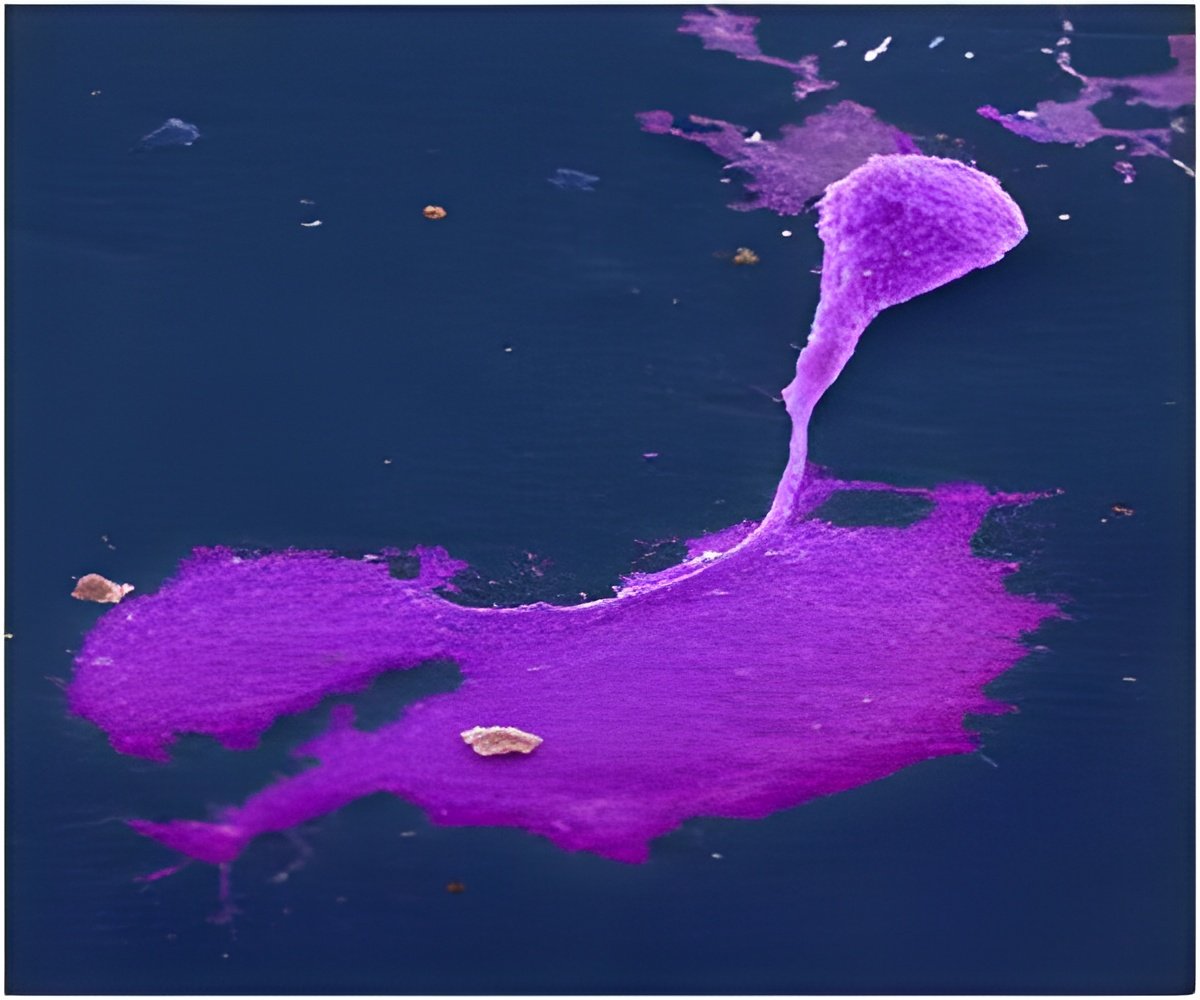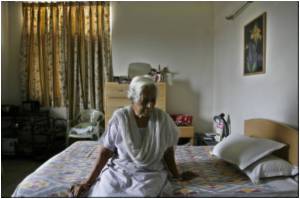
Whole-genome sequencing is a high-tech process that essentially maps a person''s DNA and analyzes it for mutations. This has enabled cancer therapies to evolve from a standard therapy for all patients with a given type of cancer to a slightly more personalized treatment.
"Whole-genome sequencing gives us the ability to screen a much larger number of tumors and correlate them with the outcome of the patient, so it is very likely that our targeted therapy is going to be exploding in the next decade," Pasche says.
Half of all men and one-third of all women in the United States will develop cancer during their lifetimes, according to the American Cancer Society; and few, if any, do not know someone who has had cancer or died because of it. This new advance could change that.
"In one study, a patient with leukemia had a poor prognosis, but through sequencing, this patient was found to have a gene that showed they would react favorably with a different therapy than originally recommended," Pasche says. "If patients have certain genes, they may not respond to certain treatments. But whole-genome sequencing gives a full picture of the genetic make-up of the tumor and the patient, and it may allow the physician to target a new treatment."
Pasche says the unbiased picture of the sequenced DNA enables physicians to look at tumors in a way not possible previously. Even when the technology finally was available, it was too expensive. Now, the cost to sequence a patient''s entire genome and the genome of their tumor is down by more than 100 fold, but still ranges from $30,000 to $40,000.
Advertisement
At UAB, Pasche says whole-genome sequencing is being used in many projects, most notably in a clinical trial for women with triple-negative breast cancer.
Advertisement
About the UAB Comprehensive Cancer Center
The UAB Comprehensive Cancer Center is among the 40 cancer centers in the nation to meet the stringent criteria for the National Cancer Institute''s comprehensive designation. The center is a leader in groundbreaking research, reducing cancer disparities and leading-edge patient care.
Source-Newswise














